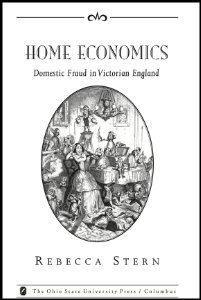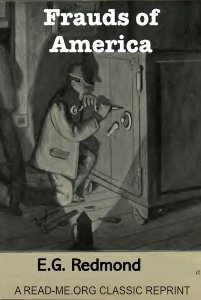By Karolina Kamra Kregert
The main purpose of the Swedish Crime Survey (SCS) is to study trends in self-reported exposure to crime, fear of crime, confidence in the criminal justice system and crime victims' contact with the criminal justice system in the Swedish population (16-84 years). The survey also aims to describe differences among population groups, such as differences between men and women or among different age groups. This chapter presents a selection of the indicators included in the report, to summarise the results and provide an overall picture of trends and patterns. Note that, in the context of the SCS, exposure to crime refers to events that occurred during the previous calendar year, meaning that SCS 2024 refers to exposure to crime in 2023. Fear of crime refer to perceptions over the past year, while unsafety and confidence in the criminal justice system refer to perceptions at the time the questionnaire was answered. Trends Exposure to sexual offences, threats and bicycle theft have decreased, while fraud has increased There is a decreasing trend in the proportion of the population who state that they have been exposed to sexual offences, threats and bicycle theft. Exposure to sexual offences has significantly decreased in this year's survey (3.8 % in 2023, compared to 4.7 % in 2022), and after a sharp increase in the period 2012-2017, has begun decreasing instead. The proportion of respondents having been exposed to threats has also decreased (7.4% in 2023, compared to 7.7% in 2022), with an evident decreasing trend since 2020. Before that, there was an increase between 2014 and 2019. Furthermore, the proportion of households exposed to bicycle theft has decreased for the fourth consecutive year. Both sales fraud and card and credit fraud have increased in this year's survey. For sales fraud, an increasing trend has been observed since the first measuring point (2016), with a significant increase in this year's survey (from 6.1%, in 2022, to 6.9%, in 2023). Card and credit fraud have increased in the last two years, having previously decreased in 2020 and 2021. In terms of exposure to robbery, there was a decreasing trend as of 2020, but in this year's survey the proportion is the same as the previous year. For assault, pickpocketing, online harassment, harassment, burglary and car theft, the proportion has remained stable over the last three to four years.
English summary of Brå report 2024:8
Stockholm: Swedish National Council on Crime Prevention, 2024. 30p.







